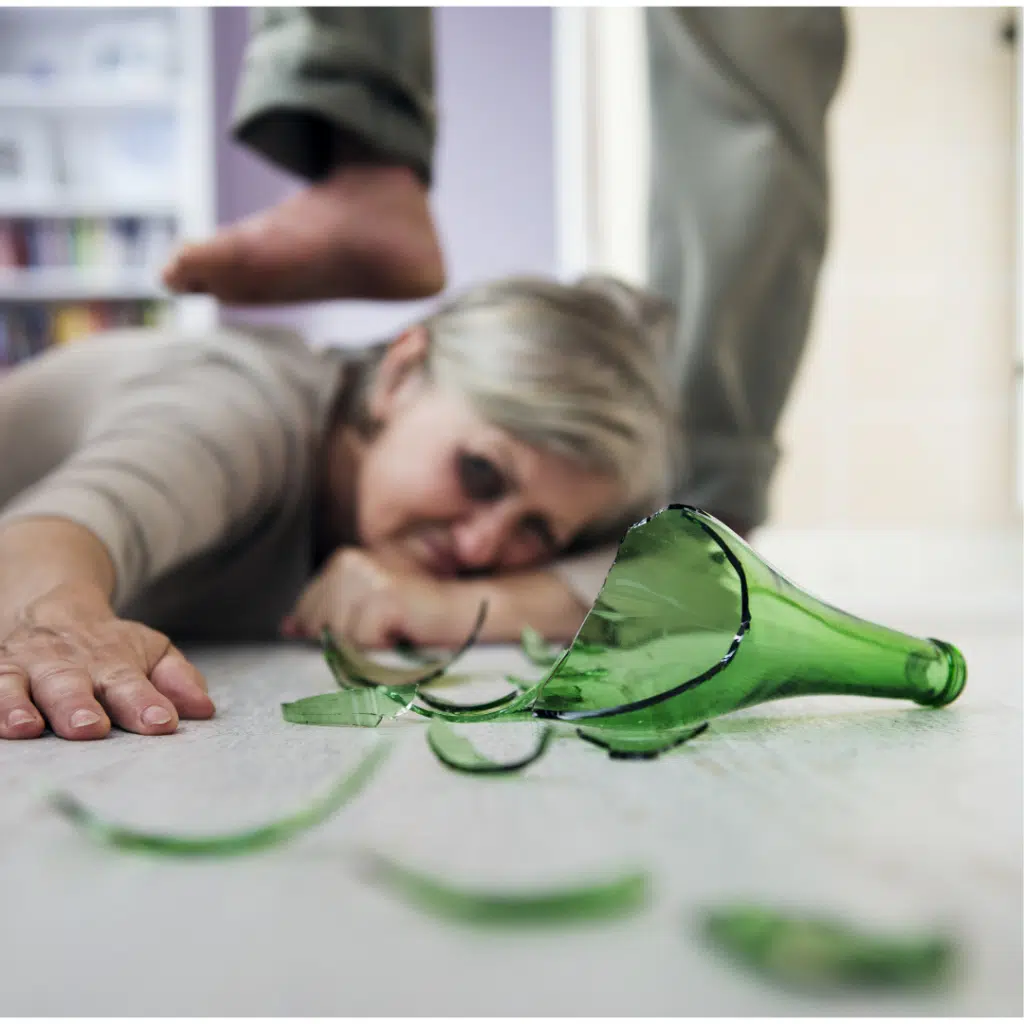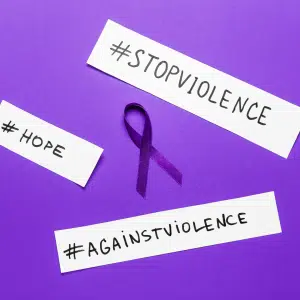By Joseph Clayton
According to Women’s Aid, domestic violence is defined as an incident or pattern of incidents of controlling, coercive, threatening, degrading and violent behaviours, including sexual violence.
In most cases, domestic violence is done by a partner or ex-partner, but also by a family member or carer. The majority of cases are experienced by women and are perpetrated by men.
However, anyone can be a victim of domestic violence, regardless of gender, age, ethnicity, religious belief, socio-economic status, or sexuality. All forms of domestic violence are not acceptable in any situation.
Statistics surrounding domestic violence in the UK are frightening, highlighting the amount of people who experience abuse throughout their lives.
These are some indications:
Domestic violence will affect 1 in 4 women and 1 in 6 men in their lifetimes, which leads to, on average, two women being murdered each week and 30 men per year.
Domestic abuse accounts for 16% of all violent crime and has more repeat victims than any other, however, it is still the least likely to be reported to the police.
Domestic abuse is the single most quoted reason for becoming homeless.
The Home Office estimates that each domestic abuse murder costs the country just over £1 million and totals £112 million per annum.
It is clear from statistics such as these, how important it is that domestic violence is acknowledged, and that people understand when they should access support.
According to the NHS, there are many signs that you can look out for, such as asking yourself if your partner or someone you live with:
- Cut you off family and friends and intentionally isolate you?
- Stops you leaving your house, or stops you from going to work?
- Bullies, threatens, or controls you?
- Monitors or limits your use of technology.
- Physically and/or sexually abuses you?
- Take control of your finances?
- Repeatedly belittles you, puts you down and tells you you’re worthless?

It is clear from statistics such as these, how important it is that domestic violence is acknowledged, and that people understand when they should access support.
According to the NHS, there are many signs that you can look out for, such as asking yourself if your partner or someone you live with:
- Cut you off from family and friends and intentionally isolate you?
- Stops you leaving your house, or stops you from going to work?
- Bullies, threatens, or controls you?
- Monitors or limits your use of technology.
- Physically and/or sexually abuses you?
- Take control of your finances?
- Repeatedly belittles you, puts you down and tells you you’re worthless?
If you have experienced any of the above examples, there is a chance that you have or are suffering from domestic violence.
However, domestic abuse is not always physical. It can also include:
- Coercive control and ‘gaslighting’
- Economic abuse
- Online abuse
- Threats and intimidation
- Emotional abuse
- Sexual abuse
There are many ways that you can access support through charities and organisations to help you cope with domestic violence, and ways to end your abuse.
Refuge
- Refuge is a national domestic abuse helpline based in England made up of highly trained, female advisers.
- They have a helpline that women are able to call 24 hrs a day on 0808 2000 247.
- They can empower you to understand your options and support you to make any decisions about the future.
- They can support you to increase your safety, offering access to specialist refuge accommodation. The helpline can help you find a refuge vacancy for you.
- For more information, visit: https://www.nationaldahelpline.org.uk/en
Respect: Men’s Advice Line
- Respect is a helpline for male victims of domestic abuse in heterosexual and same-sex relationships.
- They acknowledge that it can be difficult for men to open up about suffering from domestic abuse, offering help and support.
- You can contact Men’s Advice Line by phone, email, or webchat by calling 0808 801 0327 or by emailing info@mensadviceline.org.uk
- For more information, visit: https://mensadviceline.org.uk/
Women’s Aid local support services directory
- Women’s Aid have a directory of domestic abuse support services across the UK.
- You are able to access the Women’s Aid live chat services 7 days a week, 10am to 6pm
Victim Support
- Victim support runs services for victims and survivors of any abuse of crime, regardless of when it occurred or if the crime was reported to the police.
- They run a free, independent, and confidential 24/7 support line on 0808 168 9111.
- For more information, visit: https://www.victimsupport.org.uk/
Ask for ANI codeword
- Another way people suffering from domestic violence can get help and support is through asking for ‘ANI’ in a participating pharmacy.
- ‘ANI’ stands for Action Needed Immediately. If a pharmacy has the ‘Ask for ANI’ logo on display, it means they’re ready to help.
- They will offer you a private space, provide a phone and ask if you think you need support from the police or other domestic abuse support services.
- Over half of UK pharmacies, including Boots, Lloyds and community pharmacies are now enrolled in the scheme.
- For more information, visit: https://www.gov.uk/guidance/ask-for-ani-domestic-abuse-codeword-information-for-pharmacies

There are also support services for people who believe that someone they know is experiencing domestic abuse and don’t know how to help them.
- If you’re worried about a friend, neighbour or loved one, you can call the National Domestic Abuse Helpline which offers free and confidential advice, 24 hours a day on 0808 2000 247.
- If someone confides in you, there is more information on how to support a friend who is being abused.
Therefore, although it may seem like a difficult step to take when you are involved in domestic violence and abuse, there is support available to help you.
#YouAreNotAlone.
References:
https://www.gov.uk/guidance/domestic-abuse-how-to-get-help#recognise-domestic-abuse
https://www.womensaid.org.uk/information-support/what-is-domestic-abuse/

